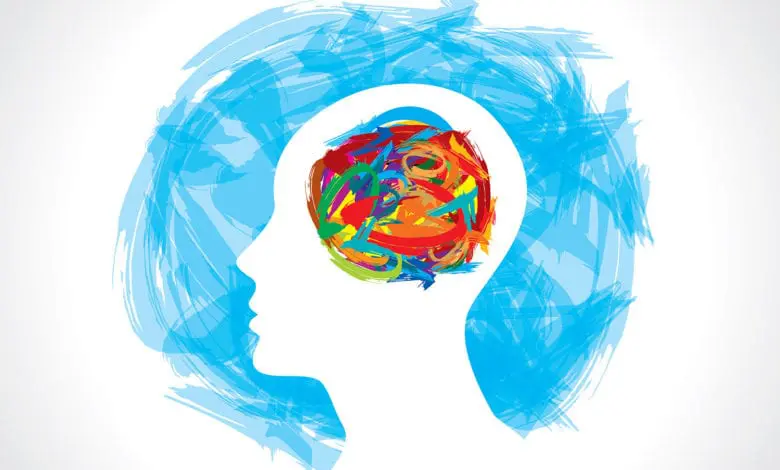The world we live in holds many challenges. And unless you’re able to cope with these challenges, life can potentially become much more difficult.
Mental well-being is a subject that many people need help understanding. And this is simply because we all react to the world and its many challenges in our own unique way. As such, what might be easy for one person to cope with could be much more difficult for another.
Thankfully, there are quite a few steps that you can take to ensure that you’re supporting your own mental health. And this primarily begins by taking care of your body and your mind.

Those who live a health-friendly lifestyle have the fundamentals in place for keeping mental health in check. And if you build on these fundamentals, you’ll be able to ensure that your lifestyle supports mental health as well.
Here, we’ll discuss a few essential practices for supporting mental health in today’s challenging world.
Vitamin D Intake
Believe it or not, Vitamin D is just as necessary for our mental health as it is for our physical health. But the problem is that not many people get an adequate amount of Vitamin D on a daily basis.
For example, the muscles, heart, bones, and brain all have Vitamin D receptors. Basically, the body takes in Vitamin D and transports this nutrient to the kidneys and the liver where it is converted into an active hormone where it then assists the body in the process of absorbing calcium. And with enough calcium in the body, you’ll be able to support healthy bones, muscles and brain function.
For those who live far from the equator or those who live in regions where sunlight isn’t as plentiful, taking Vitamin D supplements can offer the support your body needs for proper calcium absorption.
Though we can also acquire valuable Vitamin D from the foods that we eat, our poor food choices can also result in a lack of nutrients. Those who cannot gain enough Vitamin D can work to support mood and other functions, and this is where Vitamin D supplements can be beneficial.
Social Support
Mental health can also be affected by the amount of time we spend around others. And though this can work both ways, either negatively or positively depending on who you’re spending your time around, it’s been found that those who stay away from social outlets often have issues with mental health.
In our current era, the popularity of remote work and other factors have changed the way we live. And as people are social creatures by nature, if you do spend a fair amount of time by yourself, taking the time to engage in social activities can work to support your mental health.
Additionally, there are also many support groups available for those who have suffered from trauma, or who need a social outlet for speaking about mental health-related issues.

Social support can be found in many ways. And a few of these are as follows:
- Engaging in team sports
- Joining a club
- Intramural events
- Volunteering
- Attending festivals
- Using meet-up apps
- Reaching out on social media
It’s no fun to feel alone in a world full of people. And if you’re working to support your own mental health, seeking a social outlet could be beneficial.
Exercise
Daily exercise can also help to support mental health in many ways as well. And this is because of a few factors.
When we exercise, our bodies release hormones and chemicals such as endorphins and serotonin which work to regulate our mood. And many scientific studies have shown a direct relationship between regular exercise and healthy mental activity.
For example, those who exercise regularly not only can gain the added benefit of a fit body, but they can also help to improve their overall sense of well-being and confidence with light to moderate exercise.
Additionally, you don’t have to become a gym rat to enjoy the mental health benefits of regular exercise. In fact, with as little as 15-30 minutes a day, you can reap many benefits of exercise, including increased mental clarity and an elevated mood.

Exercising regularly can also help support your immune system which is vital for fighting off illnesses and infections.
We all have the ability to get caught up in a bad mood from time to time. But for some, this can be incredibly challenging to snap out of. As such, if you want to build on the foundation of mental health, adjusting your lifestyle and considering the advice listed here may prove to be of great benefit.



